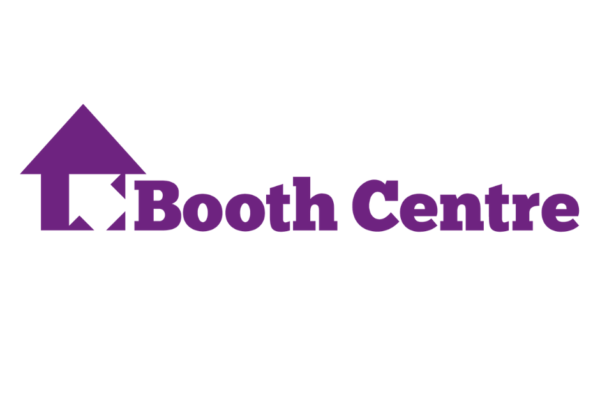
How You Should Treat all Your Prospective Employees
In today’s fast-paced digital world it’s never been easier to voice and share our views and opinions. A bad customer experience and you’re only a few clicks away from venting your disapproval on a review website, likewise a touching example of kindness can go viral on social media within hours. With communication so easy and the influence of these messages so powerful, it’s never been more important for businesses to be on top of their game. It’s a double edged sword; get it right and your brand is being virtually carried around the room by a joyous crowd. Get it wrong however and the detrimental damage to your brand can spiral out of control.
Everyone accepts this; maybe subconsciously but every business person knows it’s never been more important to uphold a credible reputation. Bad news travels fast. As the saying goes – receive great service and you’ll tell a friend. Receive bad service and you’ll tell ten. In the world we live in now though, that process has been turbo-charged. Your reputation goes before you and it’s critical to get it right.
Working every day with a variety of tech businesses it’s eye opening just how many discard this theory when it comes to their candidate experience strategy. A first interview is your opening touch point and chance to make a great impression, elevate yourself about the competition and stand out from the crowd. As Stephen Covey famously said “always treat your employees exactly as you want them to treat your best customers” yet time and time again I’m seeing employers overlook the candidate experience strategy. I’m not talking about the candidates they want to hire, I’m talking about the candidates that are rejected at interview. Sure, they might not be right for the business at present but why not leave them with an awesome feeling about your business? Make them feel valued, respected and recognise the fact they took time out of their day to put themselves through your interview process. It might not be the right fit this time around but who knows what the future may hold?
Instead I’m too frequently seeing candidates, good, professional people, having terrible interview experiences. Poor (or sometimes zero) feedback, miscommunication, delayed interview processes, radio silence. All candidates want is communication. “Is my application being progressed and why/why not?”. It’s simple. Yet so many employers are getting this wrong. Why is this a problem? It’s because you’re implanting a negative opinion of your business firmly into that candidate’s mind and where ten years ago they could tell ten people, your business is one social media post away from them telling thousands.
I had a shining example of this recently. The candidate in question was so browbeaten by their candidate experience that they rejected the employment offer at the end of the interview process. Bear in mind this was an offer we never expected them to receive. Why? Because she wasn’t made to feel wanted throughout the interview process. Or to put that another way, other employers did a better job of making her feel special and gave her confidence that they really wanted her to join their team.
I remember her being frustrated that feedback (particularly on whether she was/wasn’t being offered the job) was slow. This candidate had a stellar track record; fifteen successful years in the tech industry with two employers but was in a period of unemployment with brings with it stress and uncertainty. Candidates appreciate frequent dialogue even if it is bad news or explanations on why there’s a delay. As her recruiter I had to hide the fact the Hiring Managers didn’t want to talk to me and this brought with it challenges.
Here’s a taste of the treatment she experienced:
- Interviewers arrived late for her interviews and gave her a feeling that they didn’t have much time for her. In one interview she’d driven for over an hour to make an early morning appointment but was told by the interviewer they had limited time to see her. As she left the meeting she saw that person laughing and joking with a colleague outside – maybe an innocent coincidence but still gave her a negative feeling.
- She was offered a salary that was lower than her previous package, this left her feeling undervalued
- She was told by a Hiring Manager that the offer would include a car allowance but when the contract arrives this wasn’t the case. Again, this left her with a bad impression.
- She was told in an interview how important people were in this company’s culture but the process left her feeling like this was the opposite.
In short, her experience left her with a feeling that she just wasn’t really wanted by the business, yet at the end of the process the business wanted to offer her a job. By that stage, it was too late and the damage was done. The candidate had such a poor experience they rejected the job and is likely to share that experience with industry peers across her network.
The lesson in the story is simple but takes Covey’s idea to a further level; “always treat your prospective employees exactly as you treat your best customers”.
James Egersdorff is one of our lead recruitment consultants and a Director at ESP. With over 10 years of experience within senior level technology recruitment James sees daily the varying treatment of candidates by different companies. James is passionate about the candidate experience and mitigating reputational risks from the recruitment process. He works with our clients to ensure they leave all candidates with a great impression of the organisation they interviewed with, regardless of whether they receive an offer.



